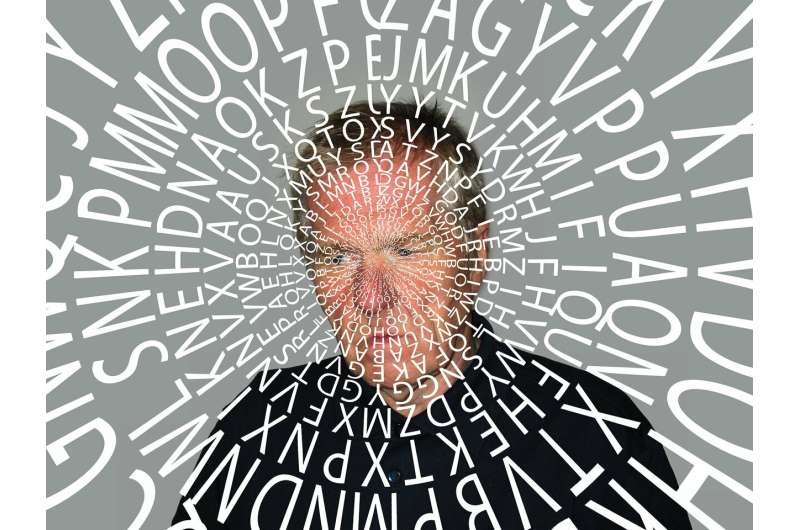Understanding Cannabis Use Disorder: Recognizing the Signs and Risks

Cannabis use disorder affects a significant number of users, with symptoms including dependence, tolerance, and withdrawal. Recognizing the risks can help prevent problematic consumption and support responsible use.
Cannabis use disorder is a condition characterized by a problematic pattern of cannabis consumption that leads to significant impairment or distress. Despite the perception that cannabis is relatively harmless, research indicates that a notable percentage of users may develop dependence or addiction. Studies estimate that around 22% of recreational cannabis users and approximately 25% of medicinal cannabis consumers meet the criteria for cannabis use disorder, which can make controlling consumption challenging.
Many individuals start using cannabis to relax, manage stress, or improve sleep. Initially, they might use it occasionally, but over time, dependence may develop, leading to daily use to feel 'normal.' As tolerance builds, users need higher doses to achieve the same effects, increasing the likelihood of addiction. People may use more cannabis than intended or experience difficulties fulfilling responsibilities at work or home, such as missing payments or performing poorly at tasks, due to their use.
Repeated use despite negative effects, including memory issues, anxiety, and clouded thoughts, is common. Friends and family often notice these changes and may suggest reducing or stopping cannabis use. However, cessation can be difficult due to withdrawal symptoms like irritability, anxiety, and sleep disturbances, which often lead to relapse.
Diagnosis of cannabis use disorder relies on specific criteria outlined in the DSM. The presence of at least two symptoms within a year—such as using larger amounts, craving, unsuccessful attempts to cut back, continued use despite problems, tolerance, or withdrawal—indicates a mild to severe disorder depending on the number of symptoms.
Risk factors for developing cannabis use disorder include frequent, daily use, smoking or vaping, and higher THC levels. Early initiation, especially during adolescence, and using cannabis to self-medicate for conditions like anxiety, depression, or chronic pain, also increase risk.
The relationship between cannabis and chronic pain management is complex. While some individuals turn to cannabis for relief, recent studies question its effectiveness for pain control. Increasing use or switching to more potent products in an attempt to manage pain can inadvertently lead to a disorder, complicating both pain management and daily functioning.
To lower the risk of developing a cannabis use disorder, it is advisable to avoid daily use and products with high THC concentrations. If concerns about cannabis use arise, consulting health professionals or contacting support services such as the National Alcohol and Other Drug Hotline can provide guidance and assistance.
While cannabis may offer benefits for some medical conditions, awareness of the potential for dependence is essential. Responsible use and understanding the risks are crucial to prevent problematic consumption and maintain overall wellbeing.
Source: https://medicalxpress.com/news/2025-07-cannabis-disorder-problem.html
Stay Updated with Mia's Feed
Get the latest health & wellness insights delivered straight to your inbox.
Related Articles
The Impact of Biological Sex on the Progression of Bipolar Disorder and Schizophrenia
Recent research reveals that biological sex influences the clinical course and neurocognitive aspects of bipolar disorder and schizophrenia, emphasizing the need for sex-sensitive treatment approaches.
Majority of Older Australians Value Home Gardening, Yet It Remains Overlooked in Housing Discussions
A new study reveals that 94% of older Australians prioritize having garden space at home, yet housing barriers limit access, impacting their mental and physical health. Learn how communities and policymakers can improve gardening opportunities for seniors.
Pets and Well-Being: A Closer Look at the Evidence
While pets can provide emotional support, research shows their impact on human well-being varies. It's important to understand the complexities of human-animal bonds before adopting a pet for mental health benefits.
Genetic and Environmental Factors in Family Mental Health: Breaking the Cycle
A groundbreaking study reveals that while mental health issues often run in families, they are not predetermined. Strengthening family environments and early interventions can break this cycle and promote resilience.



